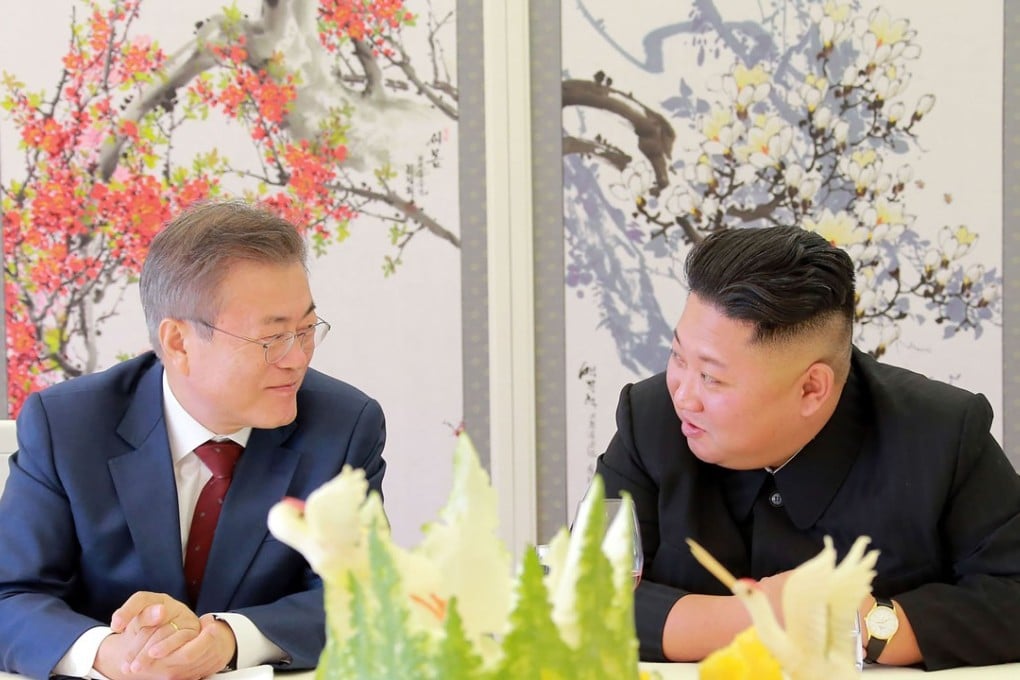Opinion | Korean summit: intentions of Moon and Kim need US input to become reality
Plans for economic development cannot happen under present sanctions, and first require Washington to obtain guarantees on denuclearisation

As expected, the third meeting between Moon Jae-in and Kim Jong-un produced a highly ambiguous statement.
No timeline for a declaration of Pyongyang’s nuclear arsenal and no framework for nuclear dismantlement arose.
Yet optimists may disagree. The joint military declaration agreed to a cease of military exercises “aimed at each other along the Military Demarcation Line”, and the withdrawal of guard posts along the Demilitarised Zone. Pyongyang pledged to close its nuclear test facility at Tongchang-ri, as part of the two Koreas “pushing forward the complete denuclearisation of the Korean peninsula”, and inter-Korean economic cooperation projects were proposed.
The summit demonstrated the rapprochement between North and South: Kim affirmed how the summit statement would “open a higher level for the improvement in relations” between the two Koreas. Moon deemed the summit the first occasion on which steps towards denuclearisation were openly discussed.
But Pyongyang’s openness to outside observers for the closing of the nuclear test facility at Tongchang-ri does not mean its commitment to denuclearisation is firm. It has reneged in the past.
